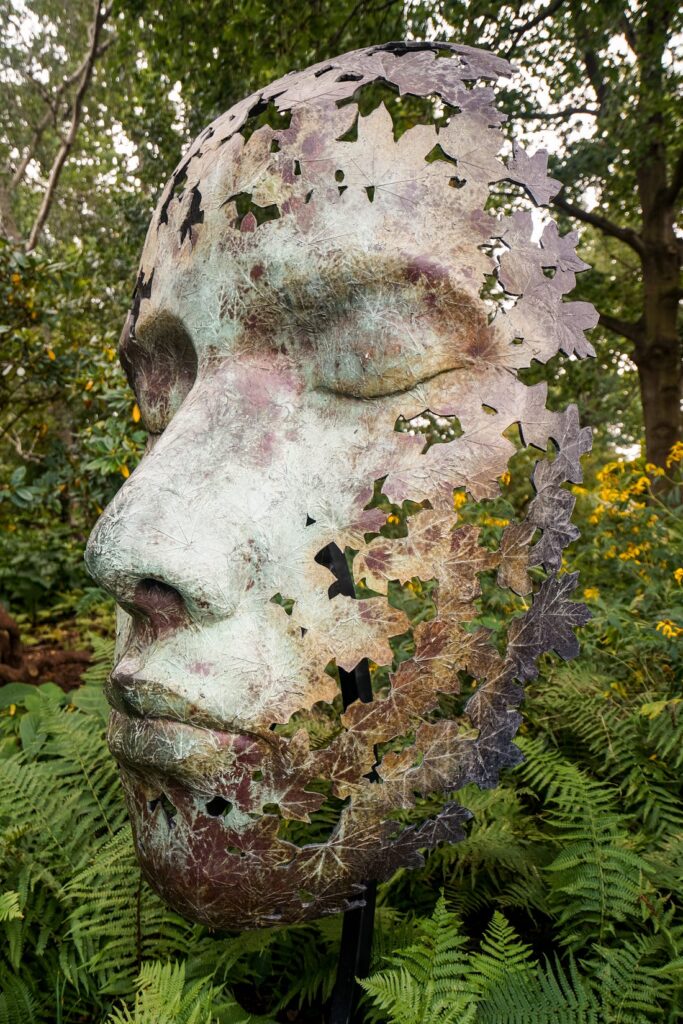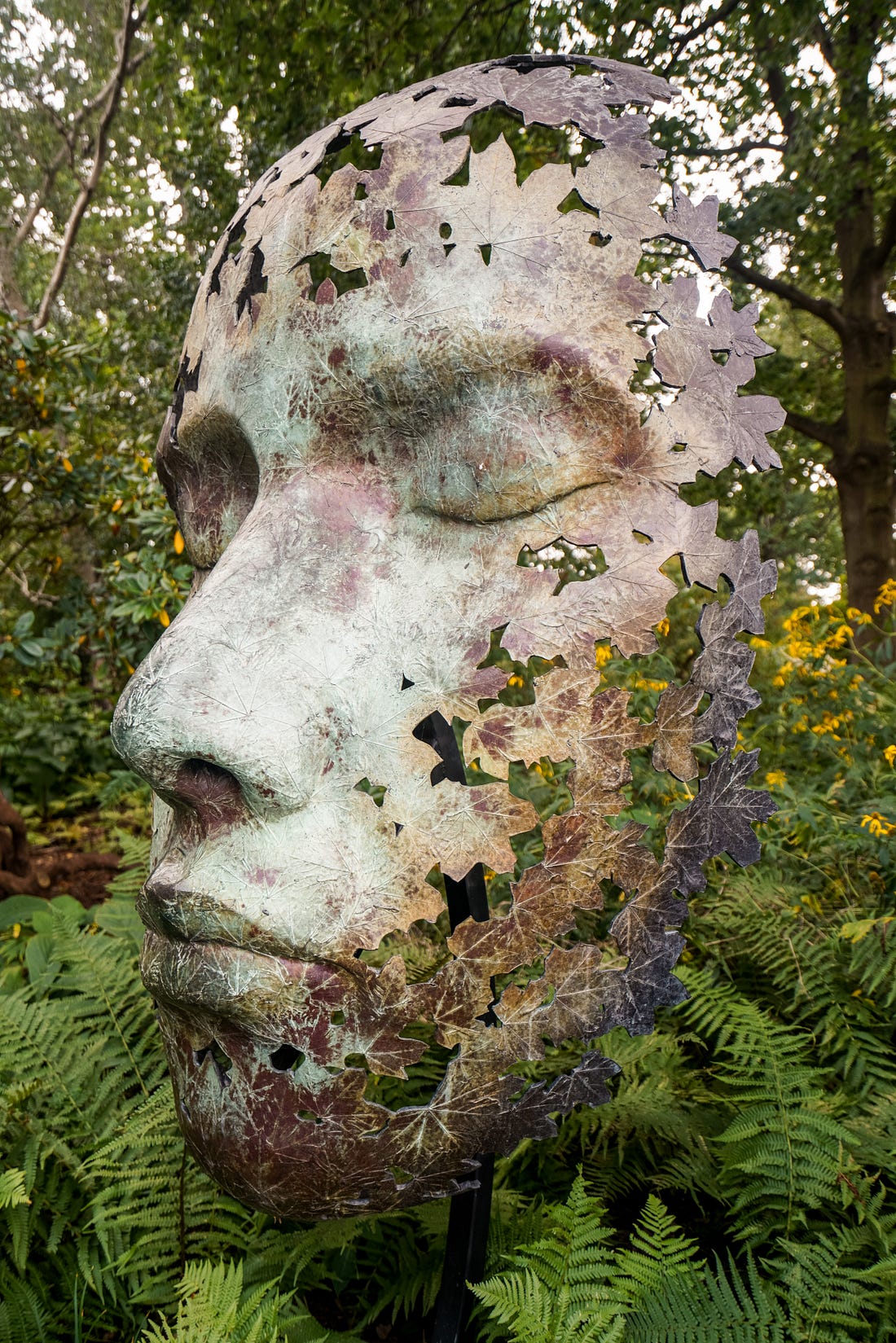Why We Love: The Nature and Chemistry of Romantic Love” is not just a book; it’s a scientific revelation. Join Fisher as she uncovers the truth about love’s three stages, showing that real commitment is a profound connection beyond passion and lust
By Abid Hussain Rather
In a relentless quest to unravel the intricate tapestry of love, American anthropologist Helen Elizabeth Fisher challenged the age-old notion that love emanates solely from the heart, rather than the mind. For years, Fisher delved into the enigmatic world of the human brain, employing cutting-edge MRI technology and an array of brain scans. Half of her life was dedicated to deciphering the neuroscience underpinning the phenomenon of love, a pursuit that unveiled the profound nexus between love and the chemicals secreted by our brains. In her seminal work, ‘Why We Love: The Nature and Chemistry of Romantic Love,’ Fisher artfully dissects the spectrum of human affection into three distinct types or stages. Her unique relationship model bears immense significance, as it pertains to a universal human experience—love. Until now, our understanding of love has often hinged on romantic poetry, philosophical musings, the reel romances of Bollywood and Hollywood, and lyrical ballads. However, science and human psychology have a trove of insights to offer regarding the origin and authenticity of love.

Lust: The Primordial Phase of Love
The initial act of love, sometimes misconstrued as pure infatuation, unfolds as a primal surge within our reptilian brain—the region responsible for rudimentary functions like respiration, heartbeats, and temperature regulation. Lust, in essence, represents an attraction primarily to the external attributes, notably the sexual characteristics of the opposite gender, and the subsequent engagement in carnal activities with that allure. This primal response, driven by the instinct for procreation, is both instantaneous and ephemeral, devoid of a deeper connection with the object of desire. This segment of the brain, often dubbed the primitive brain, governs the proceedings.
Passion: The Second Act of Love
Post-lust, the narrative of love transitions to its second act, aptly christened as passion. This emotional communion takes residence in the mammalian brain, where individuals immersed in this phase find themselves perpetually entranced by thoughts of their beloved. Passion is the facet of love that inspires poetic verses and harmonious melodies, with bards extolling sentiments such as “I think of you day and night, what more can I desire?” Within this passionate fervor, individuals craft a utopian future within their minds, where everything exudes novelty and wonder, akin to the arrival of spring in their lives. It’s this enchanting stage that spurs people to make promises that may remain unfulfilled. Under the sway of passion, the emotional brain wields dominance over the logical and rational mind. Although passion carries elements of lust, it endures long after lust has subsided. It takes six to twelve months for passion to wane, at which point reality often diverges from the idealized image. Disenchantment surfaces, and compatibility is put to the test. In this crucible, the degree of shared experiences, understanding, and exploration of the unfamiliar shapes whether passion endures or gives way to the third facet of love—commitment. In its absence, post-passion often witnesses quarrels, remorse, and regret.
Commitment: The Culmination of Love
This is a stage that relatively few attain, yet its impact is profound and pragmatic. When two individuals, genuinely enamored by each other, spend significant time together, they discover a profound compatibility. However, when life introduces uncertainty or unforeseen challenges, those lacking resilience often falter. Relationships dissolve under the weight of these trials, as they are unprepared for such profound shifts. While all seems well when life follows a predictable course, the true mettle of the relationship is tested when adversity emerges. Commitment emerges when both partners regard each other as complex human beings, accepting not only their strengths but their flaws. They jointly celebrate successes and bolster one another during moments of failure. When acceptance transcends imperfections and infuses unconditional love, commitment flourishes.
Lust is the crucible from which passion emerges, but even after lust dissipates, compatibility maintains the connection. For commitment, passion is the seed, yet as time unfurls, embracing our partners with all their virtues and vices fuels the sustaining flame of unconditional love. The path to the third stage may appear arduous, but it’s a necessary journey to attain something enduring and precious, requiring an abundance of courage—hence, few traverse its entirety.

When two souls share novel thoughts, experiences, and ideas, passion can evolve into compatibility, deepening their connection. Recognition that every human is a tapestry of strengths and weaknesses, and embracing them as such, gives birth to commitment. It’s not merely lust and passion that sustain enduring relationships. These attributes cannot maintain sway over our minds indefinitely. Our brains yearn for novelty, which isn’t solely achieved through new sexual encounters or passionate infatuations with new partners (although it may contribute). This novelty resides within our evolving personalities; sharing new experiences and ideas renders us more captivating, novel, and rejuvenated in the eyes of our partners.
The Societal Landscape
In our society, the tradition of allowing individuals space for self-expression and personal growth is markedly absent. Those who do enjoy such space, be they men or women, frequently squander it on entertainment—undoubtedly valuable, but neglecting their personal growth and intellectual enrichment. While tending to our external appearances is essential, nurturing our inner selves and adorning our minds with fresh and enticing ideas should not be overlooked. The pursuit of new experiences and the quest for new values nourish our minds, offering a compelling purpose to life, as novel ideas are invigorating.
From my vantage point, the foremost impediment to perseverance and commitment is romantic philosophy. Media and romantic literature launch direct assaults on our mammalian brains, often overshadowing our logical and rational faculties. In the process, they plant unrealistic expectations, leading us to anticipate eternal bliss from our partners and constant happiness. However, these ideologies neglect scientific principles, the intricate structure of the human brain, and its evolution through time. Ultimately, embracing the complexity of human relationships, understanding the three stages of love, and nurturing unconditional love require a more profound comprehension of the human experience.
The views expressed in this article are solely those of the author and do not necessarily reflect the opinions or views of this Magazine. The author can be reached at [email protected])

Leave a Reply